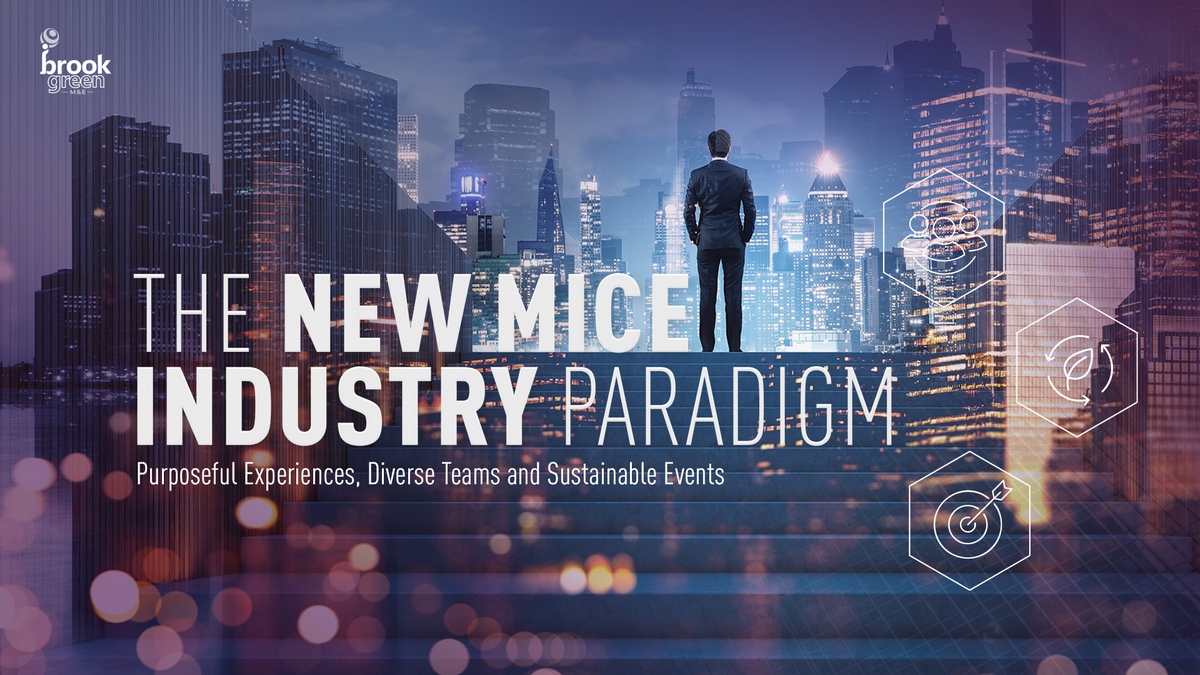Purposeful Experiences, Diverse Teams, and Sustainable Events
The MICE industry (Meetings, Incentives, Conferences, and Exhibitions) is undergoing a major transformation. In a corporate world increasingly focused on authenticity, responsibility, and cultural alignment, events are no longer just logistical operations—they are strategic platforms for connection, identity, and transformation.
Delivering successful MICE events today requires more than infrastructure or technology. It demands an integrated approach that blends operational excellence, cultural sensitivity, sustainability, and in-depth destination knowledge.
One of the most valuable assets in today’s event organization is the cultural diversity of teams. Companies with professionals from different backgrounds, languages, and perspectives are better equipped to understand the codes, expectations, and needs of global clients. This internal diversity leads to greater adaptability, creativity, and empathy—especially in an environment where events must resonate emotionally with diverse audiences.
At the same time, having local teams with expert knowledge of the destination is essential—not only for logistics and vendor selection, but to ensure each event is rooted in the place’s culture, identity, and unique strengths. This local-global synergy allows for authentic, efficient, and culturally aligned experiences.
Sustainability in MICE events has also become a core priority. From selecting responsible suppliers to measuring carbon footprints, and from transportation to materials and food sourcing—today’s companies expect events that meet ESG (Environmental, Social, and Governance) standards. Sustainability is no longer a differentiator; it's a requirement.
Equally important is the human connection. Companies are designing events that foster real relationships, inspire teams, reinforce internal culture, and leave a positive legacy—both within and beyond the organization. Strategic planning, on-site operations, and attention to detail are critical tools in delivering this kind of emotional and meaningful impact.
Finally, the choice of destination has become a more strategic decision than ever. Cities like London, Paris, New York, Dublin, or Monaco offer infrastructure, connectivity, and cultural appeal—but new destinations are also gaining ground by offering authenticity, sustainability, and innovative experiences. A great destination isn’t just convenient; it must align with the event’s purpose.
In this new paradigm, international corporate events are not just about gathering people—they’re about creating meaningful experiences that align message, form, and purpose. Success is no longer measured only by attendance or ROI, but by the emotional, cultural, and human impact each event delivers.







